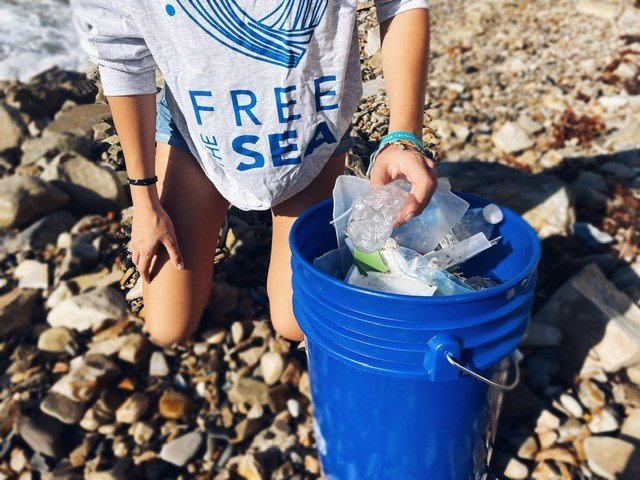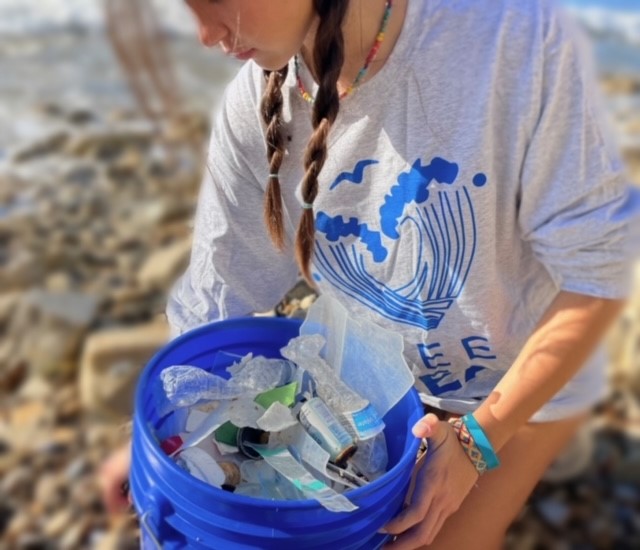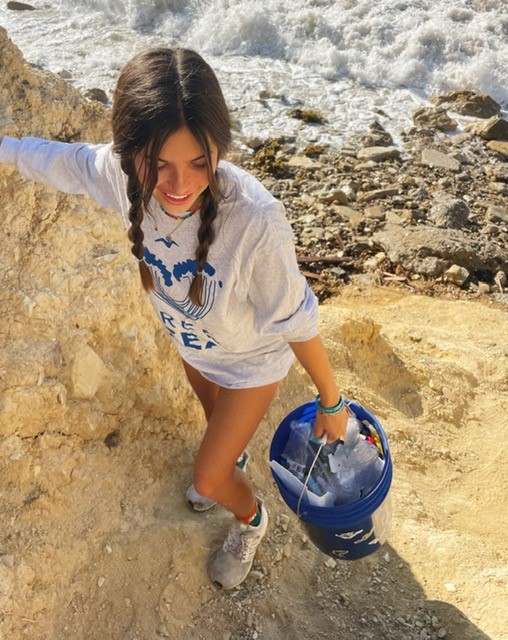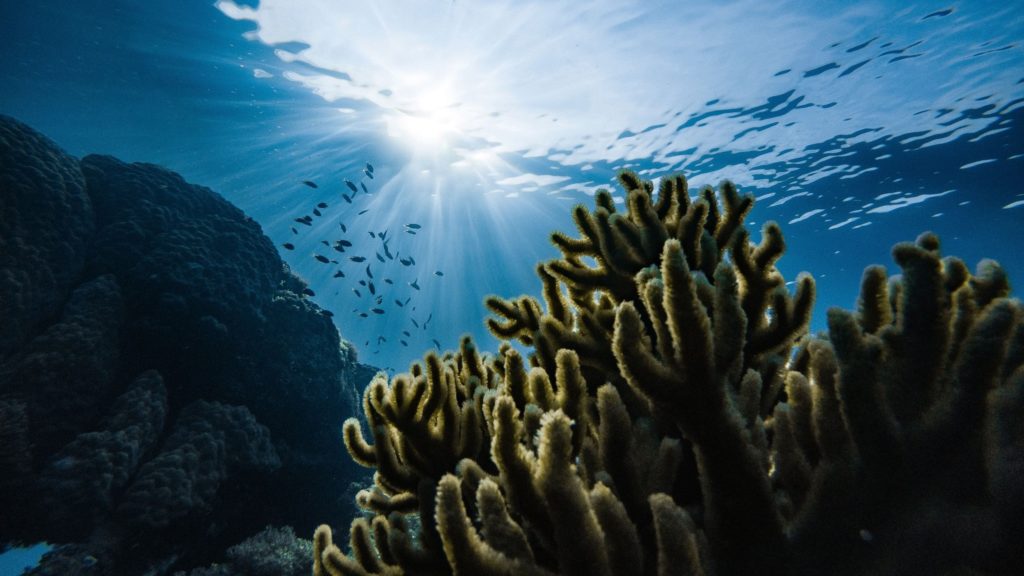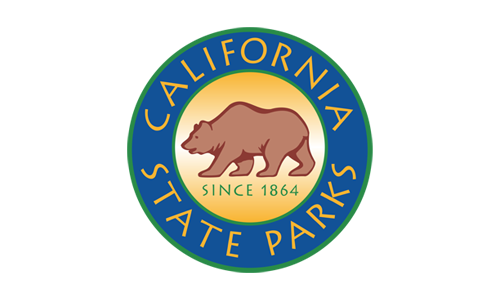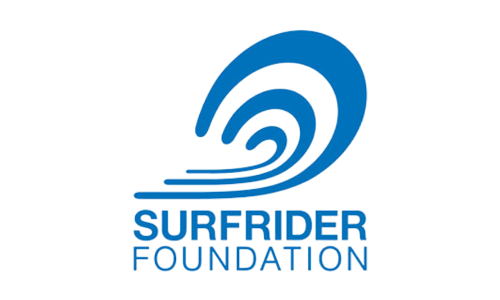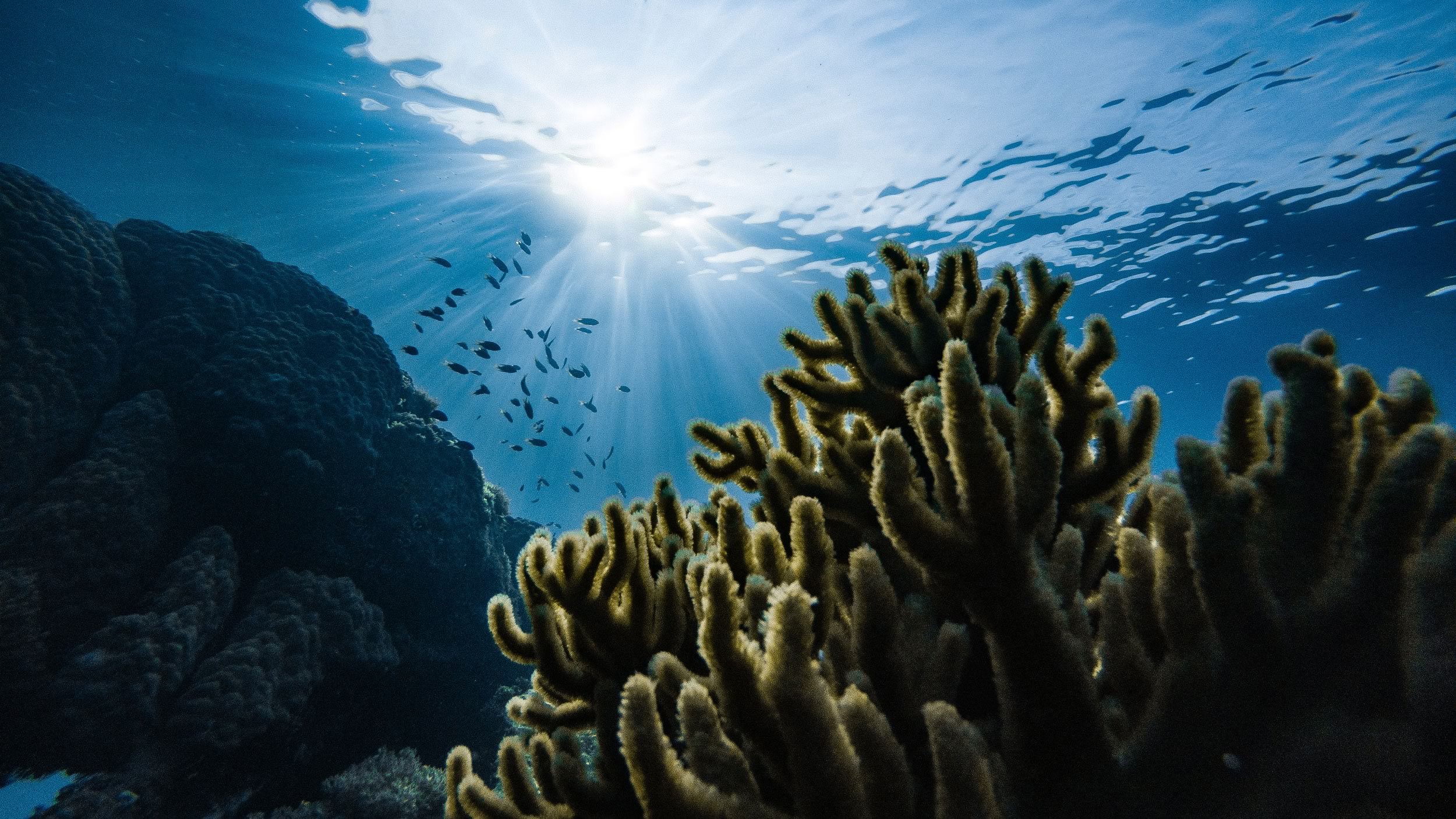IN THE NEWS
The world is creating more single-use plastic waste than ever, report finds
The world is producing a record amount of single-use plastic waste, mostly made from polymers created from fossil fuels, despite global efforts to reduce plastic pollution and carbon emissions, according to a new report released Monday.
Read in CNN Business: https://apple.news/AKC3w3yCQQZCmtPk943VM4A
California’s sweeping new plastics law could be a game changer
It will take several years to find out for sure, but the world’s fifth largest economy will likely force changes far beyond the state’s borders.
Read in National Geographic: https://apple.news/AoqHwMz-GTOGiUtd3EKipIg
How ocean pollution crisis is destroying marine environments – and what you can do to help
There are many environmental problems we deal with today. However, one of the biggest problems is our ocean pollution crisis. According to www.condorferries.co.uk, 25 trillion macro plastics and 51 trillion micro plastics make up our oceans today.
Read full artcile in Niagara Frontier Publications
Pacific Life Foundation to Invest $2.5 Million to Improve Ocean Health.
The Nature Conservancy, Ocean Conservancy, Oceana, and World Wildlife Fund to Receive Funding Over Five-Year Period to Enhance Marine Conservation Efforts, Further Sustainability Education, and Restore Ocean Abundance
Read full article in Business Wire
How Do We Clean Up All That Ocean Plastic?
There are currently 75 to 199 million tons of plastic polluting our oceans, according to the World Economic Forum. This is a result of humans recycling only nine percent of plastic waste and dumping 10 million tons of it into the seas each year.
Read full article in State of the Planet
Newsom signs pivotal plastics bill into California law
California Gov. Gavin Newsom (D) signed into law on Thursday a landmark bill that will significantly reduce single-use plastic packaging and utensils in the state over the next decade.
Read in The Hill: https://apple.news/A3jPS3bH4Th-oVWKw0WPeyw
Beach cleanup goes high-tech
Plastic-munching robots, floating drones and other “smart” contraptions are starting to ply beaches and waterways, systematically removing dangerous debris left by summertime revelers.
Read in Axios: https://apple.news/ANk8tTyfnR5q2_Ovt5RGMxQ



